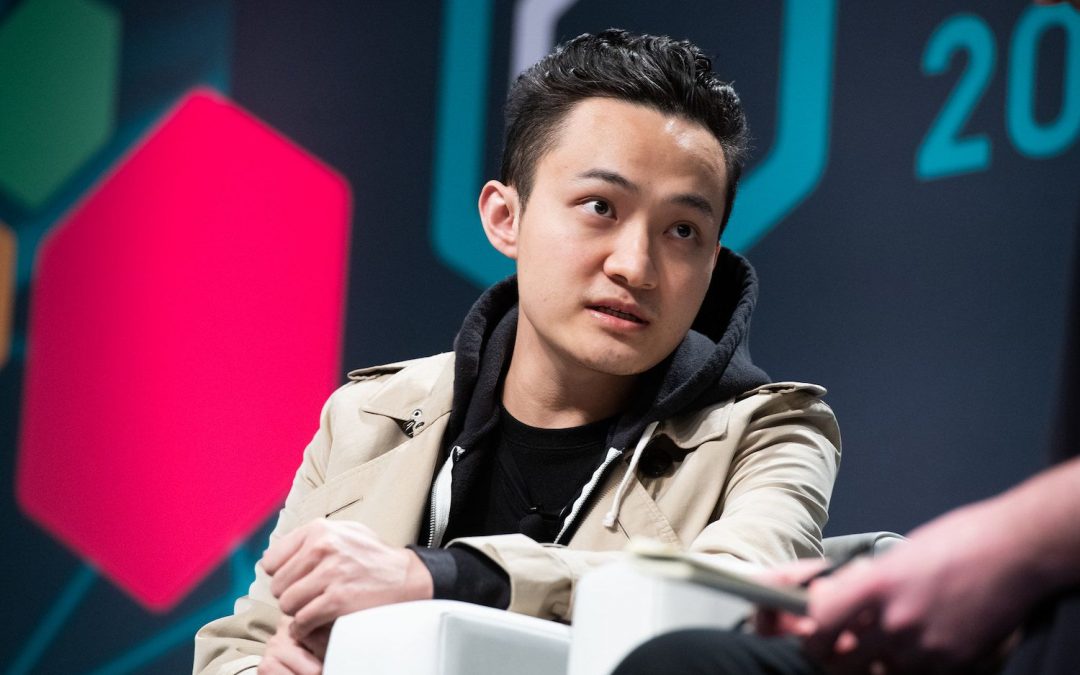Tron founder Justin Sun is getting political.
The polarizing crypto entrepreneur said Friday he is leaving his brainchild Tron blockchain to TRON token holders. Sun said in an interview with CoinDesk that he is moving to focus on crypto legitimization in Latin American countries – after witnessing El Salvador’s success in making bitcoin legal tender.
For now, that means becoming an ambassador of the Grenada government to the World Trade Organization (WTO). Sun detailed his personal career plans in an open letter reviewed by CoinDesk. They include giving away at least some of his power on the Tron blockchain and promoting blockchain and crypto in countries like Grenada.
“My career in the future … will focus on the legitimization of blockchain technology on a nation-state level,” Sun said in an interview Tuesday.
After watching the U.S. House Financial Services Committee grill six executives about crypto last week, Sun said that the industry cannot make an all-in bet on the U.S., given the country’s slow progress and conservative view on crypto’s legalization.
In pushing crypto adoption, Sun is especially bullish on Caribbean countries including Grenada and The Bahamas. He was visiting Panama at the time of his CoinDesk interview on Tuesday.
Why Grenada
Sun said that Grenada, for example, has several advantages for blockchain-related businesses.
The island nation recognizes English as one of its official languages and is geographically close to the U.S. It also has a strong education system including one of the best universities in the region, which according to Sun, will be a hotbed of future blockchain developers.
If the legitimization of the blockchain industry in countries such as Grenada proves to be a success, it would also potentially persuade the U.S. and China to speed up or resume their blockchain efforts, Sun said.
In China, crypto trading and mining are banned, while in the U.S., the Securities and Exchange Commission (SEC) remains obstinate in its approval of a spot bitcoin exchange-traded fund (ETF).
“One of the things that makes crypto risky is that consumers may not understand the difference between one token and another token,” Bitfury’s Brian Brooks said during the Congressional hearing last week. “We don’t allow that in the United States [but] we do allow it in Canada. We allow it in Germany, Singapore, Portugal and a number of other places. So if you’re a developer of those products, there’s no fuzzy line, it’s super clear. You can’t do that here. So you have to go abroad.”
Thinking globally
Sun’s decision also comes at a time when the overall crypto market is showing signs of exhaustion, with bitcoin down about 25% from November’s all-time high.
But Sun is optimistic and remains bullish on the price side, despite short-term uncertainty.
“We cannot fully rely on the U.S. market,” he said. “There are nearly 8 billion people in the world and the U.S. only has just 300 million people. The U.S. market should not decide [on crypto] with more than 7 billion people left in the rest of the world.”
In his open letter, Sun said that the Tron Foundation will dissolve by next year and three super nodes associated with him will soon retire from Tron’s technical grid. The 27 super representatives on the Tron blockchain will be elected by the Tron community.
As one of the layer 1 blockchains to power smart contracts – the foundation of today’s $247 billion decentralized finance (DeFi) sector – Tron, like other so-called Ethereum alternatives, is known for low transaction costs and faster speed. It’s the leading home of the tether (USDT) stablecoin, for example.
Sun said he will continue promoting Tron’s brand while stepping away from the day-to-day operations at the Tron Foundation. He did not address his remaining influence on Tron, as the network’s figurehead and one of its largest bag holders.
Arguably one of the most influential figures in crypto, Sun is no stranger to controversy. It will be interesting to see if it follows him into his next act.














